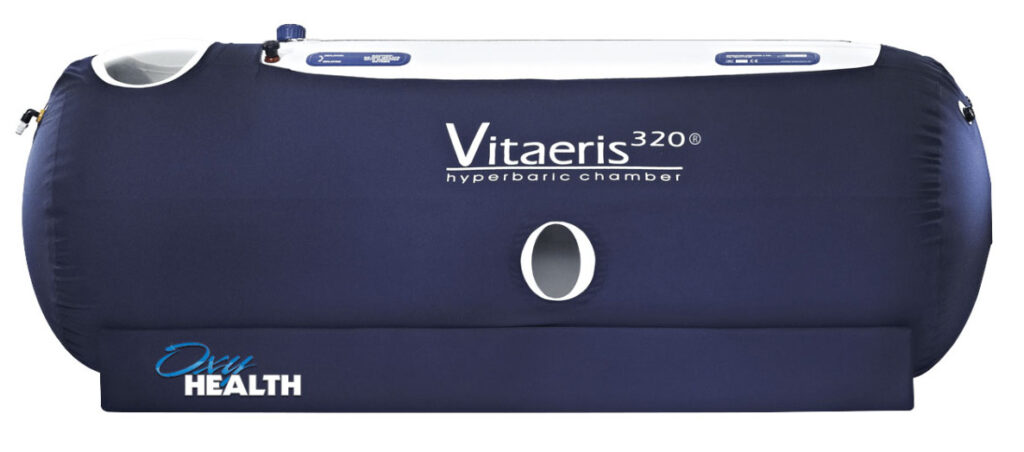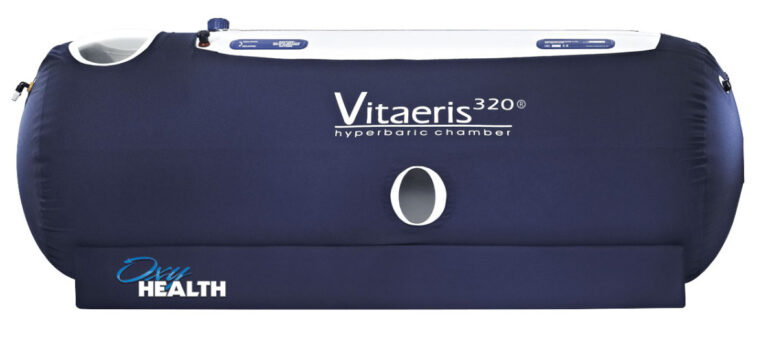Alzheimer’s Disease is a progressive neurologic disorder characterized by brain atrophy and the loss of brain cells. It stands as the leading cause of Dementia, a condition marked by a continuous decline in cognitive, behavioral, and social abilities, impacting independent functioning.
As of 2020, approximately 5.8 million Americans were living with Alzheimer’s Disease, with projections indicating a staggering rise to 14 million by 2060. This condition currently ranks as the most prevalent cause of memory loss among adults, with no known cure. Until recently, available treatments and management strategies merely provided temporary relief from symptoms.
In a groundbreaking development, Dr. Paul Harch, Clinical Professor and Director of Hyperbaric Medicine at LSU Health New Orleans School of Medicine, documented the first PET scan-confirmed case of improved brain metabolism in Alzheimer’s disease following Hyperbaric Oxygen Therapy (HBOT). The patient received a total of 40 HBOT treatments over 66 days, with significant improvements noted in various cognitive and functional domains, including memory, mood, and daily activities.
HBOT offers promising benefits for individuals with Alzheimer’s Disease, leading to improvements in quality of life, including enhanced angiogenesis (formation of new blood vessels), appetite, sleep, tissue repair, motor function, and activities of daily living. Furthermore, it reduces the incidence of disorientation, frustration, and anxiety, while promoting stem cell proliferation and facilitating conversation.
Moreover, HBOT enhances cognitive performance, concentration, attention, and memory, while fostering neuroplasticity and executive function. It also improves brain blood flow, reduces chronic cortisol levels, and supports a more balanced stress response, thus contributing to overall mental health and wellness.
Alzheimer’s/Dementia Studies
- The neuroprotective effects of oxygen therapy in Alzheimer’s disease: https://www.ncbi.nlm.nih.gov/pmc/articles/PMC9241400/
- Hyperbaric oxygen ameliorates cognitive impairment in patients with Alzheimer’s disease and amnestic mild cognitive impairment: https://www.ncbi.nlm.nih.gov/pmc/articles/PMC7293997/





